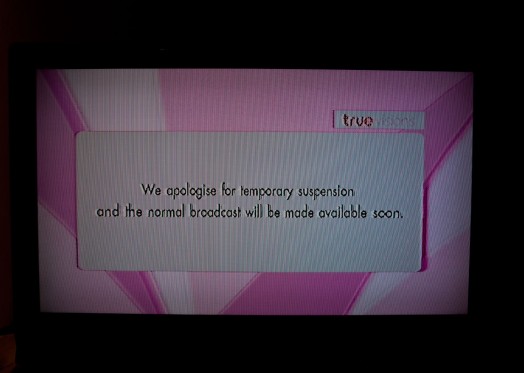Just another coup in Bangkok

Bangkok, May 24th, 2014. Soldiers in the streets, schools and universities closed, 10 pm-5 am curfew imposed, BBC and CNN off air, censorship on media, ex prime minister Yingluck Shinawatra and 135 other politicians arrested, $ 3.5m military US aid (temporarily) suspended, the Senate dissolved.
So goes the 18th coup (11 of them successful) since the end of the absolute monarchy in 1932. It’s a familiar pattern. But this time the junta’s leader, Thailand’s army chief, Gen. Prayuth Chan-ocha, has given no indication how long the military intends to maintain power.
For years Thailand has been riven by a dispute between a large bloc of rural voters and a smaller, urban group of traditional power holders. The rural class has been galvanized by Thaksin Shinawatra, a telecom tycoon who lives in self-imposed exile in Dubai but still commands a powerful political network that includes his younger sister, Yingluck: she held power until earlier this month, when the Constitutional Court issued an abuse-of-power ruling that forced her to step down. Every time political tensions grow high the Army steps in.
As I go through a check point trying to reach my hotel well past the 10 pm deadline, I glimpse a twit on my phone: an Egyptian holiday maker who fled general Al-Sisi and his martial law in Cairo finds himself again under curfew in Bangkok. Not a lucky guy. He’s planning to go back home. Like thousands of other tourists.
That’s bad news for Thailand’s declining economy. The country’s $73.8 billion tourism sector accounts for a fifth of GDP and generates 2.5 million jobs: cancellations will cut earnings by at least $2.5 billion in the first half of 2014. Tour operators, hotel managers, air companies as well as go-go bar owners in the red light districts are the first casualties. But the coup could have deeper political and economic implications, hitting business and foreign investments on a larger scale.
Thais are waiting some words from the ailing, old and revered king, although the people are sharply divided for now. And clashes have already started today in Bangkok and Chiang Mai.
Nothing really unusual, by the way. Military regimes or Army-controlled governments are a common sight in Asia. Look at Cambodia, where I was until yesterday, or Myanmar, which I visited last December. And then Vietnam, China, North Korea…Democracy is still a distant dream.





